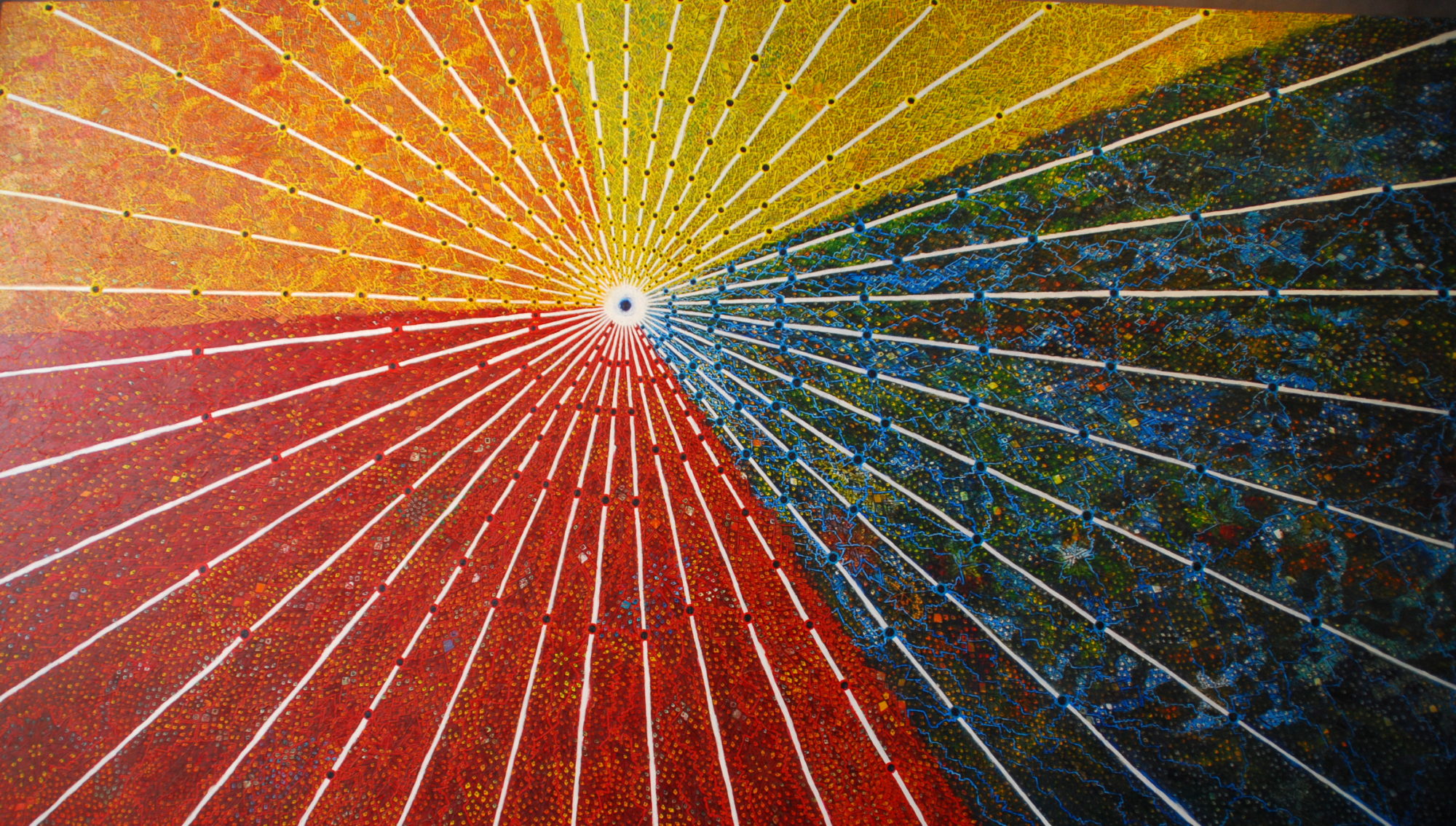Sometimes when traveling through the developing world as a white Westerner, you feel that the local population looks at you and sees nothing more than a dollar sign. Some days it feels like the entirety of your interaction with locals is limited to requests for you to give them money or buy something from them (at highly inflated prices). And though you know you are fortunate, though you know that you do have so, so much, though you know that what may be a pittance to you is a fortune to them, you can’t help but sometimes grow weary. For me, this was certainly the case in Mozambique.
Thus our entry into Malawi, known as the warm heart of Africa, was a welcome change. Here the bumper sticker saying is actually reality. The people of Malawi are among the most friendly, helpful, genuine, and generous we have met. They certainly don’t have more than those in neighboring countries–they very well might have less–but they do not see themselves as unfortunate or in need of help. When they approach you it is usually not to ask for a handout, but to ask your name and to tell you that you’re welcome in their country.
And though we’ve found this to be true throughout the country, no where has the beautiful nature of Malawians been more clear than it is on Likoma Island, an 8 km x 3 km piece of paradise in Lake Malawi. Here, thanks to a history of good relationships with “colonial powers–” who actually left a positive legacy on the island, including health and education systems that are among the best in Malawi–as well as a limited number of visitors, travelers to Likoma are greeted with overwhelmingingly warm welcomes from each and every person encountered.
Adults wave to us from their porches and call out hello. Women gathering brush for their fires accompany us down the path, scattering away snakes (real and invisible) with a mix of singing and whistle-blowing. Men stop to shake our hands. The mayor of the island welcomes us into his home and gives us bananas and tea. But it’s the children, tiny tots to budding adolescents, who really make us feel special.
To them, we are wonders. Upon sighting us, they burst into squeals and shouts of “mzungu, mzungu.” They use their school English lessons to greet us with “Hello. How are you?” They sidle up to us and ask “What is my name?,” meaning in fact “What is your name?”. They jump up and down on their stoop as they watch you approach and then run out and swarm you, giggling madly as they grab for your hand. The tiniest ones run up to you arms up, ready to be picked up and carried around. They stop as they walk home from school in their uniforms to pull out their exercise books and show you what they learned in class, hoping for a few words of praise. They accompany you as you walk around the island, fighting over who gets to hold your hand, pointing out everything you pass—manioc plant, papaya tree, goats—until they reach some imaginary boundary at which point they say goodbye and head back home. They ask if you can be friends, and really, who could say no, especially since they ask for nothing else except the occasional balloon (I’m not sure who introduced the kids to balloons but they love them).
The children of Likoma Island are joy personified. And though I certainly loved Likoma’s sandy beaches, turquoise waters, colorful aquarium fish, impressive cathedral, waterfront market, stately baobabs, relaxing backpackers lodge (Mango Drift), and carefree attitude, what really made the place so magical was simply walking with the island’s children.


What a neat experience… I’ve never heard of Likoma, but now I want to go!
Hey, it’s so nice to read your stories again… I was missing them and I hope I can catch up with everything you guys wrote during these past months we were “only” travelling.
I loved this post, I guess because I still cannot decide if it makes me feel happy or sad. But I know I also want to visit this place.